Industrial vs home sewing machine
I’m kind of curious, how many of you that sew for a business (out of home) use an industrial sewing machine vs a home sewing machine? In one of my classes (coture dressmaking) my teacher is insisting I use the industrial machines in the classroom, we also have some older Bernina’s. I have both a bernina 1530 and a Viking D1 at home and have no intention of buying an industrial, but she insists that when I get used to it I will never want to go back to a home sewing machine.
I am starting up a small business of making prom gowns (homecoming/ Christmas dance) for the high school in my area , will I need a machine that can handle more work than my bernina?
Thanks for the input – also if you have an industrial machine, which kind do you have? do they come with needle up/needle down settings?
Judy

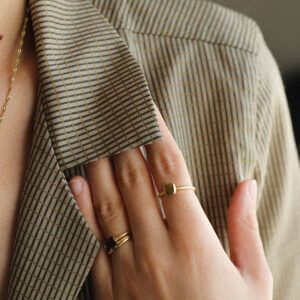
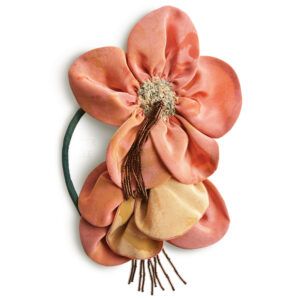
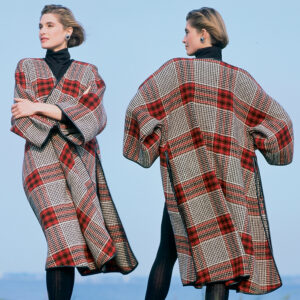
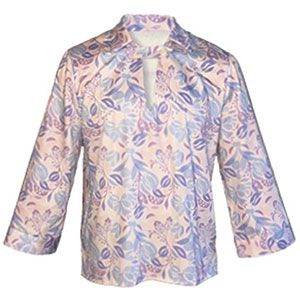
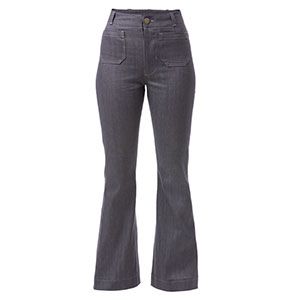
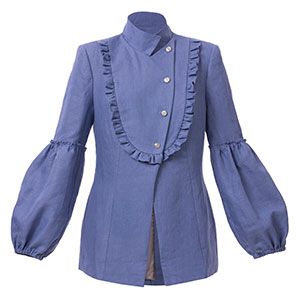
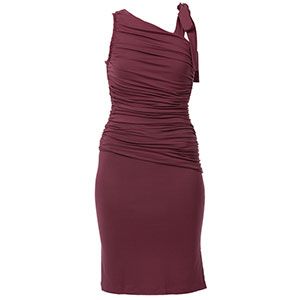
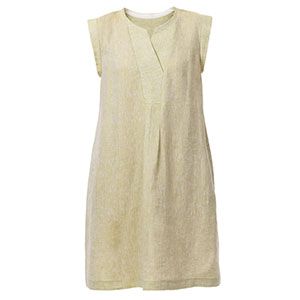
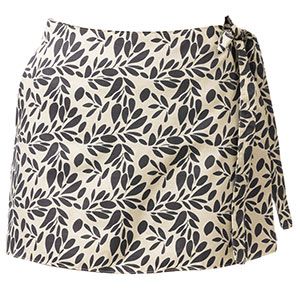
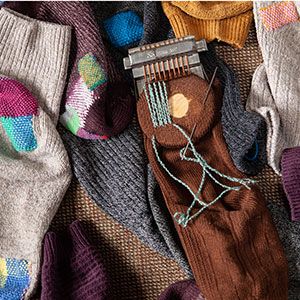
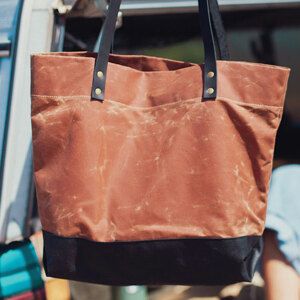
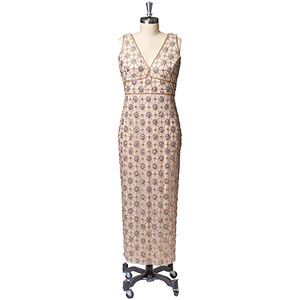
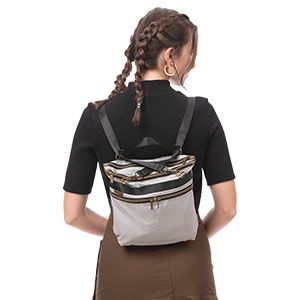
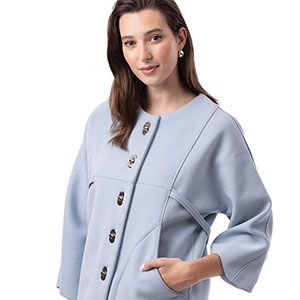
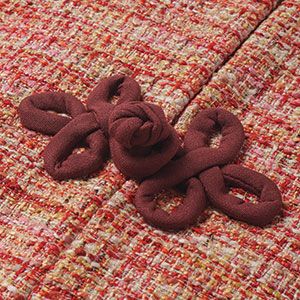
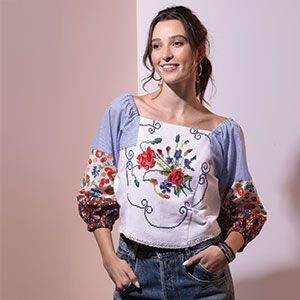

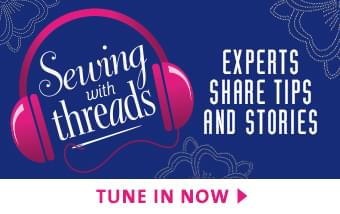

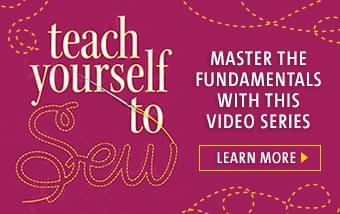



Replies
In January I bought my first industrial sewing machine (Juki DDL-8500 single-needle straight stitch) after wearing out several domestic sewing machines over the past 30+ years working as a seamstress. I love it!!! I still have a domestic sewing machine for everything other than straight stitching and of course I have a serger.
It was very easy to get use to the industrial machine, its heavy duty motor allows me to go through several layers of heavy fabric with extreme ease but it also sews very fine fabrics such as organza and chiffon without the fabric slipping or being 'eaten' by the machine. The knee control for the presser foot is the best thing since sliced bread and the ability to wind a bobbin and sew at the same time is a great time saver. Since January I have sewn several formal dresses, bridesmaids dresses and a wedding gown for clients and have been extremely pleased with the results.
Hope this helped,
Terri
Can I ask how much the Juki cost you? Did you have to have a special table made to sit it in?
Any industrial machine I have seen for sale (new or used) have the table included. The table is needed because the motor is attached beneath the table and the thread holder and adjustable lamp are attached to the top of the table. The tables are usually a good size giving you a nice work area. Mine also has a small drawer on the left. I have also seen some with a special tray to hold extra bobbins, needles, screwdriver and extra feet (zipper).
I was lucky when purchasing the Juki. I had been browsing on e-bay and happened upon this machine. I really didn't think I would win my bid, but win I did. The machine in brand new condition including table, motor & lamp cost me $1000 Canadian. This cost included shipping which is a big consideration because the container weighed 200+ pounds.
Cheers,
Terri
I bought a Juki DHL-8300 two years ago. Google "Westchester Sewing Machine Company". We went to Lodi, New Jersey to pick it up and it was completely assembled when we got there. The table, motor, drawer etc. The cost was between $600 and $700. I haven't had any problems with it and use it mostly for home decorating projects, but can sew regular weight clothing. You can purchase a variety of needles. The only challenge, for me, is getting used to the speed. But I have now tamed the machine, and really enjoy using it. I have an old Bernina 800 Sport, that I used too, for zig-zag, zippers etc. Diane
Hi, Judy I have an old Singer 31-15 straight stitch that I bought for $26 at an estate sale. It even came with the table and attached lamp and thread stand. It had been used to make drapes. I use it for heavy home dec projects and use my Viking #l for everything else. I also have a serger and a litle blindhemmer. If I had to do without a machine, I'd give up my industrial one.
I have seen some industial machines at their on line sites that are used for home use. Some of the machines have extra motors but some do not. These smaller ones some have the built in walking foot. There are several attractive models that even have extra stitches for deco. Some are much less than $1000. Some of these companies also use eBay at buy it now prices. I cannot remember all of the companies. Tuffsew is one that offers several different models and has their own website. Sailrite is another that I have seen advertized in magazines. I have also seen praises for the straight stitch only Juki that was mentioned above..but the person did not say that her Juki needed a motor and table as some do.
Kiley,
Hi, Thanks for responding, I'm really surprised that more people haven't answered this question. I'm not really interested in buying an industrial machine, I am just curious about what people use that have a sewing business from their home.
Judy
Your welcome. It is rather surprising you haven't had a response. I know they offer these machines on line and have the different websites and are on eBay. I even thought about buying one at one time. I hope you find a good one. If you do get one I would like to know what you think of it. Good luck in your venture, Ky
While I am seeing your post a bit late, I will add my thoughts to your controversy. Industrial machines are great workhorses for heavy duty sewing and production sewing. If you are not doing that type of work, then a home sewing machine is far more versatile, usually. The biggest drawbacks to the industrial machine for me, is it's weight and repair/maintenance. The weight makes it difficult to move, should that become necessary, or even to get into your home/studio (my work space is at the top of 2 flights of stairs). Repair and maintenance is usually done wherever the machine is sitting, since sending it off to a shop is prohibitive. House calls can be expensive. On the other hand, the machines are quite sturdy and generally don't need maintenance too often. There is no substitute, however, for the right tool for the job. If you are sewing on leather or heavyweight denims, etc. your home machines are really not the best choice.
You could consider a Bernina 930 sewing machine. It is the same machine as a
Bernina 950 industrial, but the 930 is a home version. I did some searching myself
when I did alterations and found out about this machine. You will have to find it
used. It rarely needs repairs. It is a well built machine, mechanical, with decorative
stitches. It has a nice amount of clearance under the presser foot when raised. The
one that I found is an earlier model that always turns the needle to the top position
when you stop sewing. Later versions of the model changed it to stop with the
needle down (I think) and added a thread cutter. You can find them on ebay for
around $800.
Another option would be a Pfaff 130. This is an older machine that is built like a
"tank" and is nearly indestructible. It has straight stitch and zig zag. If you need to
sew on thick layers, this machine does not have quite as much space under the
presser foot but will go through anything.
RE the Sailrite type machines: I was told that they are really clunky to use.
Good luck with your new sewing business!
This post is archived.